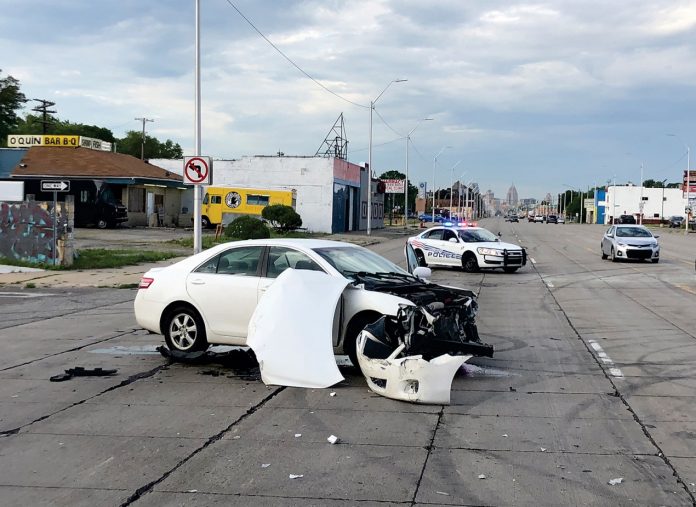When it comes to getting auto insurance, you factor in things that you know are important—the make and model, good student discount, and if you’re accident-free. But did you know that you also need to factor in your credit score? Most states use your credit score to determine your risk when giving you a price quote, but does your bad credit create horrible rates? Here is an overview of how credit can affect your auto insurance.
Why does bad credit affect your auto insurance?
Some states don’t allow your credit score to impact your car insurance. These states are Massachusetts, Hawaii, and California. However, if you live in any other state, you may be surprised to know that your credit score is used as a factor for auto insurance. Auto insurance companies claim that studies show those with a higher credit score are less likely to get in an accident, meaning if you have bad credit, the risk to insure you increases.
What factors affect your credit score?
When it comes to your credit score, auto insurance companies pull information from one of the three major credit bureaus—Experian, Equifax, and TransUnion. Things that positively impact your credit include a long-established credit history, no late payments or past-due accounts, and open accounts that are in good standing. Unfortunately, your credit score is negatively impacted if you have past-due payments, accounts in collection, a high amount of debt, a short credit history, or a large number of credit inquiries.
How does a bad credit score affect your monthly price?
Your credit score is used to determine whether you’re more likely to get in an auto accident, so companies make you pay in more money to cover an accident if you have one. Most insurance companies have a dividing line between “good” and “bad” credit around 600 or 650. Fortunately, most insurance companies take the score from the major insurance companies and formulate it into a new number. Each insurance company uses a different system. For example, Esurance uses LexisNexis.
In some circumstances, your annual rate can differ as much as 67% depending on the company you use. Insurance commissioned Quadrant to test how bad credit affects your annual price, and it discovered that people with good credit had to pay $563 whereas bad credit clients paid $1,277 with State Farm. Additionally, if your insurance company requires you to make a down payment, your bad credit can also increase this amount. The better your credit, the less money you’ll have to spend throughout your lifetime.














